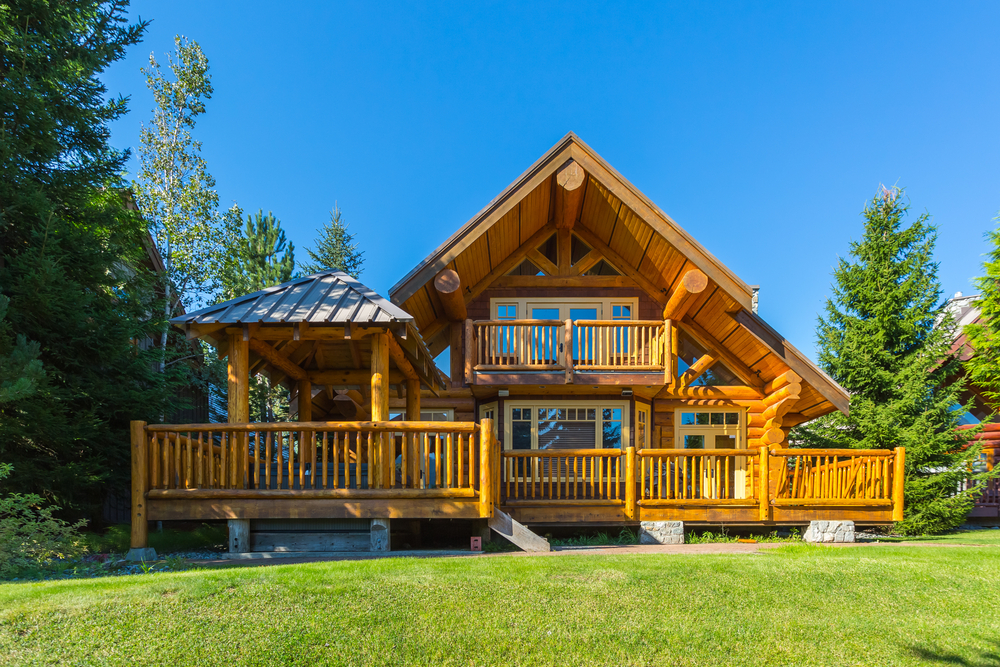Proper Coverage for Your Second Getaway Home
Originally Published 5/20/21 - Updated 08/19/22
Have you recently purchased a second home? A getaway home for long weekends? Or, perhaps, a vacation home where you can escape the long, cold winter? Even if you’re not living in your second home as a primary residence, you need to make sure that you have adequate insurance coverage and the right type of insurance coverage to meet your needs.
For instance, if an accident occurs inside your vacation home or in your second home, will your insurance cover it? Or do you need specific insurance protection to protect your financial interests for a home you do not always occupy? Here’s what you need to know about insurance coverage for your second home.
the importance of Vacation Home Insurance
One of the most important things you can do to protect your personal financial interests and your investment in your second home is to make sure you get the right insurance protection. You should understand that a vacation home requires different insurance protection than your primary residence. Part of the reason is that your getaway home is vacant more often than your primary home. This represents a larger risk to insurance companies.
What Should Your Vacation Home Insurance Cover?
It’s important to understand what is covered by your vacation home insurance as well as the things that are specifically excluded. For instance, your second home may not be covered from damage caused by floods or earthquakes while there is coverage for wind damage from hurricanes, tornadoes, and lightning.
Additionally, some fires may be protected, though those related to maintenance issues may be excluded.
You also want to make sure that your liability coverage is up to the challenge of a property that remains vacant so frequently and may wish to include umbrella insurance protection in the event of a catastrophic injury on your property.
Don’t forget to make sure your theft coverage will replace personal possessions on the property too. Working with an independent insurance agency can help ensure that you have the right protection to meet your needs and keep your vacation home covered.
What Factors Into the Costs of Vacation Home Insurance?
There are many things that can affect the cost of your vacation home insurance, including the following:
- Location. Is the area at risk for floods, hurricanes, wildfires, and other natural disasters? If so, it is likely to be identified as a high-risk vacation home and command higher insurance rates. You may also face higher deductibles in high-risk areas as well.
- Property type. If your second home has a homeowner’s association, you may be able to get a discount, especially if the HOA maintains the property and provides security when it is unoccupied.
- Amenities. Pools, hot tubs, trampolines, outdoor play equipment, and other amenities can drive up the costs of your insurance as they pose greater liability risks.
Ways to Save on Your Second Home Insurance?
There are things you can do to save on insurance for your second home, including the following:
- Bundle policies. If you have multiple policies, such as your primary residence, auto insurance, and second home insurance with the same company, you may qualify for a discount on all three insurance products.
- Choosing locations with less risk. For instance, buy away from the beach so the home has a lower risk of hurricane storm surge, flooding, and other weather-related damage.
- Install a monitored alarm system that detects fires, break-ins, and more. This means lower risk for insurance companies and lower premiums for you.
Additional Rental Insurance?
Are you planning to rent your vacation home out when you’re not in residence? You’ll need to understand your risks and the consequences they can have on your insurance beforehand. You want to protect your rental home from liability issues related to injured renters and damage renters may cause. More importantly, you want to make sure your insurance is sufficient for all these possibilities, and more.
Before You Choose Your Insurance Plan
Create an inventory of all the items in your rental home to identify potential risks and to make sure your insurance offers sufficient protection for your possessions, your property, and your liability risks alike. You never know what can happen when you’re away. Arnold Insurance is here to help you get the coverage and protection you need for your getaway home!



